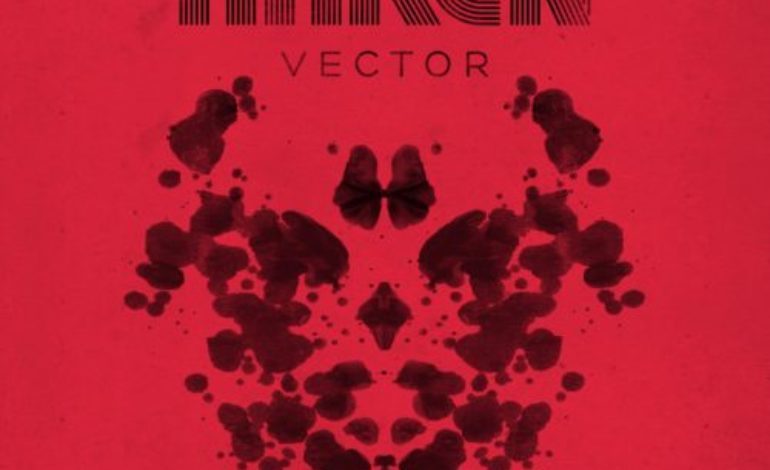

Will leave fans thinking
In the past eight years, Haken has been releasing music regularly, with Vector being their fifth studio album. Out of all the band’s albums, this one is their shortest time-wise. Since their first album Aquarius, the progressive metal band has had two to four songs greater than ten minutes on every album. Affinity, their previously released album was the first time they only had one track that exceeded ten minutes long. Continuing with this habit, Vector contains one longer song, “Veil,” that runs at almost thirteen minutes.
In general, this album is only seven tracks long and has a lot of silent moments in terms of lyrics. Three of the songs, such as “Clear,” either don’t have any lyrics or have very few. “Nil By Mouth” is especially notable for being the only piece labeled as instrumental on the album, and it highlights the guitars, drums and, notably, the keyboards which can sometimes get lost among all the sounds.
From first glance, the album cover art already works to draw people in and make them curious about the album. Clearly, the band drew inspiration from the Rorschach test that psychologists use to examine people’s personality characteristics and emotional functioning. It’s up to each individual to declare what they see in Haken’s album cover.
In an interview with Diego Tejeida, the keyboardist of the band since 2008, he revealed the story behind the album: “it’s about a Doctor with an intriguing… interest in a particular patient.” The point-of-view switches to the patient “who appears to be catatonic, but his mind is sparking with what could be memories, or delusions brought on by the treatment he’s receiving.” Ultimately, he said that the band is “leav[ing] this up to the listeners to decide.” With this in mind, it’s easy to see why the cover art is reflective of a psychology test, and it really is set up for fans to listen to and come to their own conclusions about the story told.
Overall, as Jordan Blum from Metal Injection said, while Haken “may still be relative newcomers to the scene,” having formed in 2007, “they continue to do it better than most.” Listen and decide for yourself what the story behind Vector really is.
